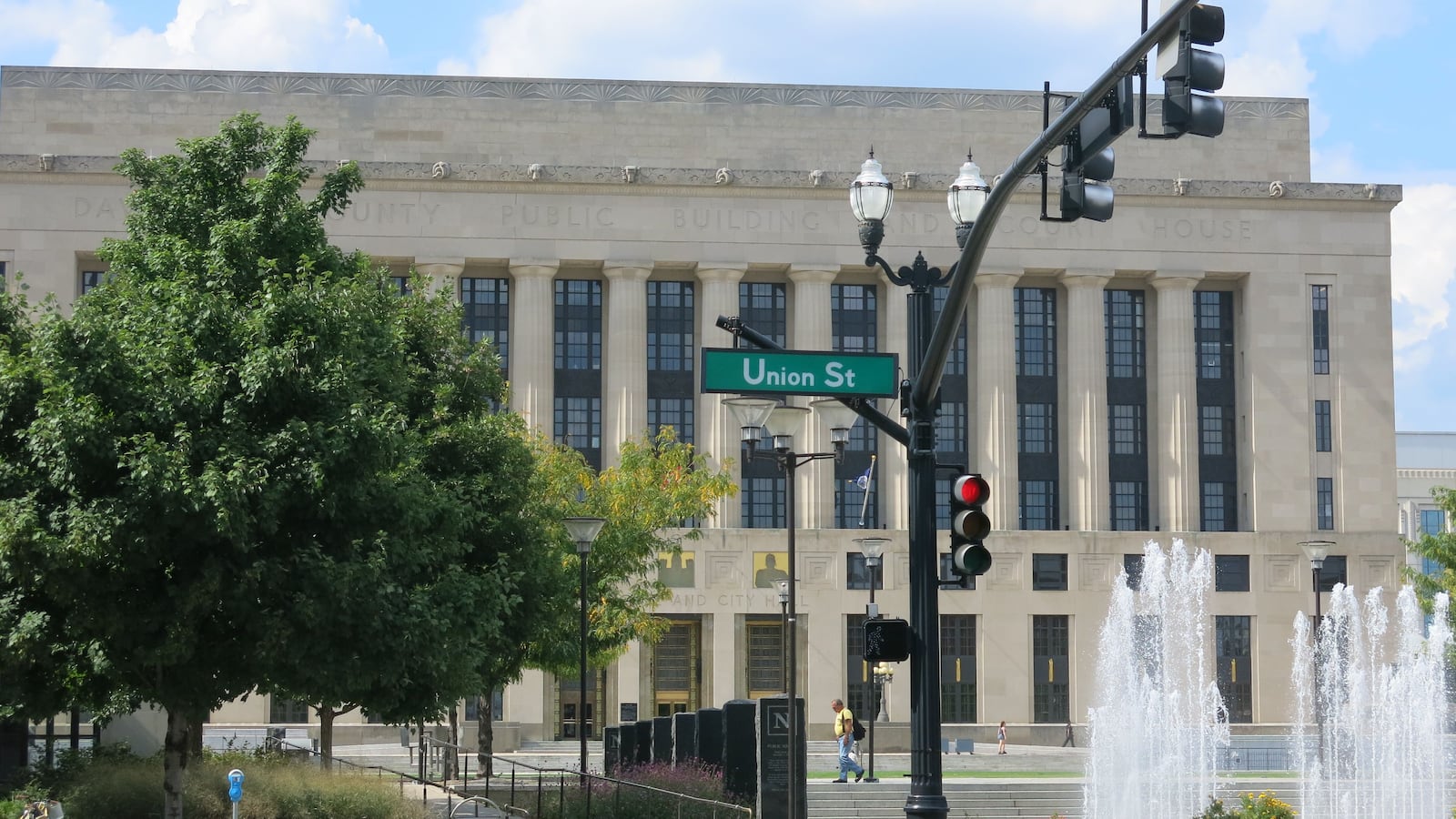The boards for seven school systems in southeast Tennessee asked a judge Wednesday for class-action status in their funding lawsuit against the state, which would allow any of Tennessee’s 142 school districts to join the suit.
A class-action designation is appropriate, district lawyers say, because schools from Mountain City to Memphis have stories that underscore how poorly the state funds its public schools.
“Whether you’re talking about a county in Upper East Tennessee, or a county in West Tennessee, or a county in rural Middle Tennessee, the problem is the same: schools are underfunded,” argued Scott Bennett, attorney for the Hamilton County Board of Education. “As a result, either students don’t have opportunities, or the cost of bearing those oppurtunies falls to parents, students and sometimes the teachers themselves. Those are stories were believe are important to be heard.”
The Chattanooga-based district is leading the case against the state along with six smaller school systems.
Attorney Michael Markham, representing the state, argued that class-action status is unnecessary, since all districts automatically would be impacted by the outcome. The class-action designation would only create more paperwork, he said.
Davidson County Chancellor Claudia Bonnyman said she would rule on the motion later this week.
The suit was filed in March in Davidson County Chancery Court by school boards in Hamilton, Bradley, McMinn, Marion, Grundy, Coffee and Polk counties. It charges that the state has created a system that “shifts the cost of education to local boards of education, schools, teachers and students, resulting in substantially unequal educational opportunities across the State.” The suit quantifies that the state’s funding formula underestimates the cost of teachers’ salaries by about $532 million, and that schools face an annual shortfall of about $134 million in classroom costs.
The suit continues a decades-long conversation — which has already borne two successful lawsuits against the state by school districts — about what constitutes adequate funding. Defendants include Gov. Bill Haslam, Education Commissioner Candice McQueen, Lt. Gov. Ron Ramsey, House Speaker Beth Harwell and members of the State Board of Education.
Wednesday’s hearing came on the heels of another lawsuit filed over state education funding by the Shelby County Board of Education, representing Tennessee’s largest public school district.
Shelby County’s suit, filed on Monday, contends that the state does not provide adequate funding for students who are minorities, have disabilities and live in extreme poverty. That’s different from the Hamilton County suit, which says funding in general — not just for specific populations — is flawed. Because the specifics of its case differs from the Hamilton County case, Shelby County Schools has asked to be exempt should the other case become class-action.
Shelby County Schools attorney Valerie Speakman said that much of her board’s argument is the same as Hamilton County’s, except that the Memphis district has extra needs due to demographics.
“A good amount of our student population is below the poverty line,” she told Chalkbeat on Wednesday. “I don’t want it to seem like we’re asking the state to be a social welfare network for these students, but there are some minimal things students need that are missing.”
For several years, the Basic Education Program review committee, a body of school administrators charged with reviewing Tennessee’s public education funding, has recommended that the legislature alter the state’s formula to address teacher pay. However, their recommendations have gone largely unheeded.
In an attempt to curb district lawsuits against the state, the Tennessee legislature approved a budget amendment in April preventing a school district from using state money to pay for legal fees, court costs or related expenses when suing the state, a state agency or a state official. However, Bennett says the amendment won’t impact plaintiffs who joined the Hamilton County case prior to the legislative action. Other districts interested in joining the case would face serious financial risk though — unless the case becomes class-action and includes them automatically.
Bennett said he is in talks with at least four districts that might have joined the case on their own, if not for the amendment.


